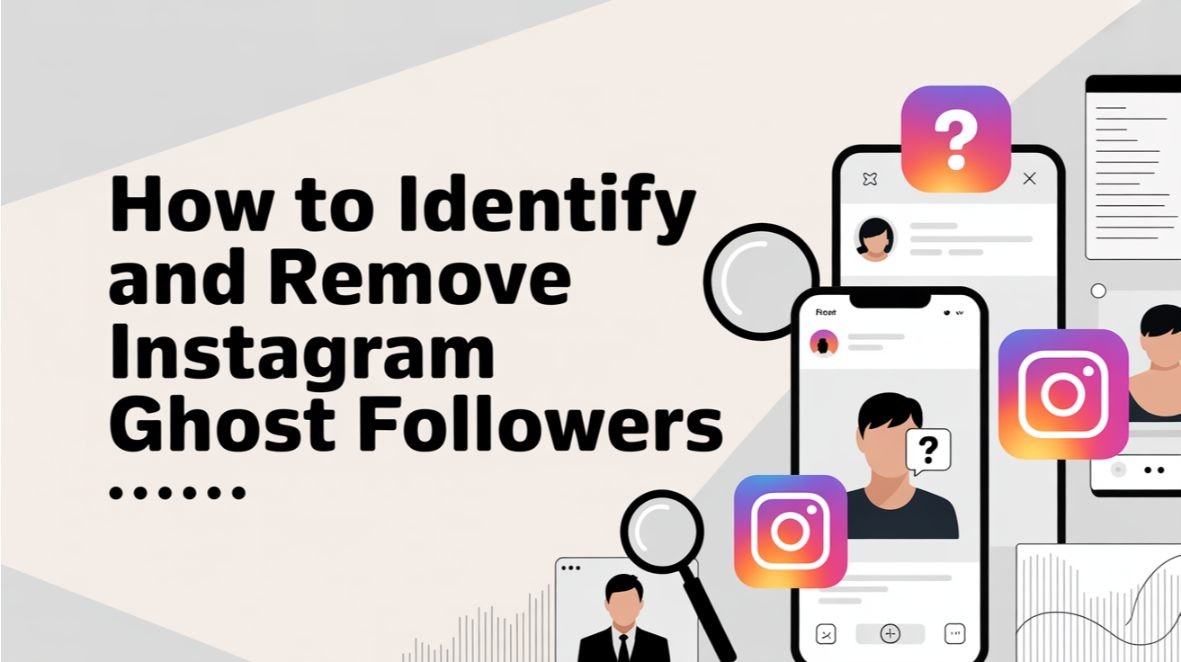How does Google treat AI Content in SEO?
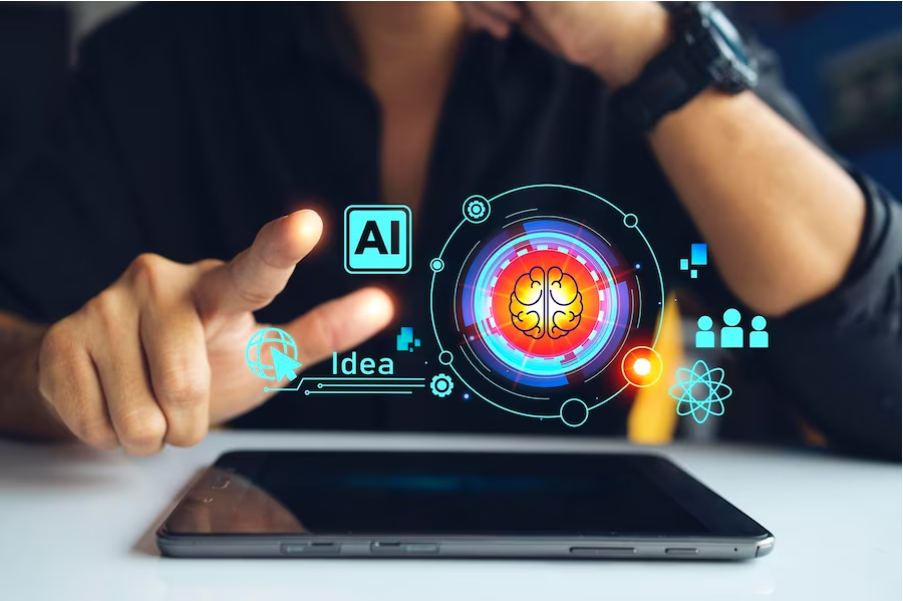
In an age where artificial intelligence (AI) is increasingly becoming a part of our daily lives, it's not surprising that it has found its way into content creation. AI tools, like OpenAI's GPT-3, are now capable of generating human-like text, sparking significant interest in the SEO community. This blog explores how Google treats AI-generated content in SEO, shedding light on the benefits and challenges associated with this emerging technology.
Understanding AI-Generated Content
AI-generated content is text written by algorithms, with machines imitating human-like writing styles. These algorithms use vast amounts of data to generate coherent and contextually relevant content on a given topic. AI content generation has been applied in various fields, including content creation, chatbots, and automated product descriptions.
AI-Generated Content and SEO
AI-generated content offers both prospects and obstacles in the realm of Search Engine Optimization (SEO). Let's delve into how Google treats AI-generated content:
- Content Quality: Google's primary objective is to provide users with high-quality and relevant content. AI-generated content has the potential to meet this standard by generating well-structured, informative articles. However, content quality varies depending on the AI tool and the data it's trained on. Google tends to favor content that's genuinely helpful, informative, and well-written, regardless of whether it's human or AI-generated.
- Originality and Uniqueness: Google's algorithms penalize duplicate content. AI-generated content can inadvertently produce text that is very similar to existing articles. While Google doesn't discriminate against AI-generated content, if it detects plagiarism or closely duplicated content, it can lead to lower rankings.
- Relevance and User Intent: Google's algorithms prioritize content that matches user intent. AI-generated content needs to address user queries effectively and provide value. If it fails to do so, Google's ranking algorithms can push it down in search results.
- Structured Data: Google uses structured data to understand and categorize web content. AI-generated content must follow structured data guidelines, just like human-generated content, to enhance visibility in search results.
- Natural Language Processing (NLP): Google's algorithms are increasingly incorporating NLP to understand the context and semantics of content. AI-generated content needs to adhere to NLP principles to rank well.
Benefits of AI-Generated Content in SEO
- Efficiency: AI can produce vast amounts of content in a short time, which is advantageous for content-heavy websites.
- Scalability: AI-generated content is easily scalable, making it a cost-effective solution for businesses with large content needs.
- Consistency: AI-generated content maintains a consistent tone, style, and formatting throughout, providing a seamless user experience.
- Data-Backed Insights: AI tools can analyze data to suggest content improvements, helping SEO practitioners enhance their strategies.
Challenges of AI-Generated Content in SEO
- Quality Control: AI content may lack the depth and nuance of human-generated content. Quality control is essential to ensuring the content is accurate and trustworthy.
- Originality: AI-generated content can inadvertently produce text that's too similar to existing content, raising concerns about plagiarism and duplicate content.
- Contextual Understanding: While AI can produce coherent sentences, it may not fully understand the context, leading to content that's factually incorrect or semantically irrelevant.
- SEO Complexity: Optimizing AI-generated content for SEO can be challenging. It requires a good understanding of SEO principles and the nuances of the AI tool being used.
- User Engagement: AI-generated content may require more emotional engagement and storytelling than human content often possesses. This can impact user interaction and conversion rates.
The Future of AI-Generated Content in SEO
AI-generated content is here to stay, and its role in SEO will likely expand. However, the effectiveness of AI-generated content depends on how well it's used so that it yields better results. This is how you can harness AI-generated content to enhance your SEO strategy:
- Content Enhancement: Use AI to supplement your content creation process, not replace it. AI can help with data analysis, generating reports, and providing insights.
- Quality Control: Human oversight is crucial to ensuring the quality and relevance of AI-generated content. Edit, fact-check, and optimize as needed.
- Data-Driven Strategies: Harness AI's ability to analyze data to inform your SEO strategies, but be mindful of its limitations.
- Personalization: AI can be a powerful tool for tailoring content to different audiences and enhancing user experiences.
- Embrace the Advantages: AI can significantly boost efficiency, allowing you to focus on high-impact tasks while it handles repetitive content creation.
Practical Applications of AI-Generated Content in SEO
Content Generation: One of the primary uses of AI in SEO is content generation. AI tools can create blog posts, articles, product descriptions, and more, saving content creators substantial time and effort. For example, if you run an e-commerce website with thousands of products, AI can generate unique and optimized descriptions for each item.
Keyword Research and Optimization: AI can assist in keyword research by analyzing search trends and user behavior. It can identify long-tail keywords and offer suggestions for optimizing your content. This helps in creating content that matches user search queries more effectively.
Meta Descriptions and Title Tags: Crafting compelling meta descriptions and title tags is crucial for SEO. AI can generate and test different variations of meta descriptions and title tags to determine which ones are more likely to boost click-through rates and improve search rankings.
Email Marketing: AI can help create personalized and engaging email marketing campaigns. By analyzing user behavior, AI can send targeted emails with content tailored to the recipient's interests, resulting in higher open and conversion rates.
Natural Language Processing (NLP): AI's NLP capabilities enable it to understand and process the intent behind user queries. This is particularly beneficial for voice search and conversational search queries, as AI can optimize content to address these emerging trends.
Content Enhancement: AI-generated content can serve as a starting point for human content creators. For example, if you run a news website, AI can create a simple news article based on factual information, which can then be refined and enriched by human authors. This collaborative approach accelerates content creation while maintaining quality.
Data Analysis: SEO relies heavily on data analysis. AI can swiftly process and analyze massive datasets, helping SEO experts identify trends, track performance, and adjust strategies. This data-driven approach allows SEO practitioners to adapt to the ever-changing search landscape effectively.
Multilingual SEO: If you're targeting a global audience, AI-powered translation tools can assist in generating content in multiple languages. These translations are often more accurate and contextually appropriate than simple automated translations.
Automated Reporting: Generating SEO reports can be time-consuming. AI can automate this process, producing detailed reports with key performance indicators, keyword rankings, and traffic metrics. This makes it easier to track SEO campaign progress.
User Experience (UX) Improvement: AI-driven chatbots and virtual assistants can enhance UX. They can provide immediate answers to user queries and assist with navigation, ultimately reducing bounce rates and improving overall site engagement.
Predictive Analysis: AI can predict future search trends and customer behaviors based on historical data. By staying ahead of these trends, SEO experts can position their content and strategies proactively.
Content Auditing: AI can analyze your existing content and provide recommendations for optimization. It can identify outdated content, check for broken links, and suggest improvements to maintain content freshness.
AI's role in SEO is transformative. It optimizes content creation, enhances data analysis, and anticipates future trends. However, it's crucial to remember that AI should be viewed as a collaborator, not a replacement for human expertise. By combining the strengths of AI and human creativity, SEO practitioners can navigate the evolving digital landscape successfully. The synergy of technology and human insight is the key to sustainable SEO success in an AI-driven era.
Conclusion
AI-generated content is more than a mere novelty in the world of SEO; it's a practical tool that can significantly enhance efficiency and effectiveness. Leveraging AI in SEO doesn't mean replacing human input but rather augmenting it. By harnessing the power of AI, SEO practitioners can streamline tasks, gain deeper insights from data, and focus their creativity and expertise on areas where human judgment is irreplaceable.
While AI is rapidly advancing, it's not a silver bullet for all SEO challenges. Human oversight, creativity, and contextual understanding remain essential. Moreover, the SEO landscape will continue to evolve alongside AI capabilities. Therefore, staying updated on AI trends and integrating them thoughtfully into your SEO strategies is key to maintaining a competitive edge in the digital realm.
The future of SEO is intertwined with AI, and early adoption of these AI-powered tools can give you a considerable advantage. SEO practitioners who embrace the possibilities of AI-generated content while adhering to best practices will be well-equipped to adapt to the ever-evolving digital landscape and meet the demands of modern search engine algorithms.
AI-generated content is a valuable addition to the SEO toolkit. Google treats AI-generated content much like human-generated content, focusing on quality, relevance, and user intent. The future of AI-generated content in SEO looks promising, but it's crucial to use it judiciously and ensure that it enhances, rather than hinders, your SEO efforts. As AI continues to evolve, so too will its role in shaping the digital landscape. SEO practitioners who adapt to this evolution will be well-positioned for success in the ever-changing world of online search.
Related Blog
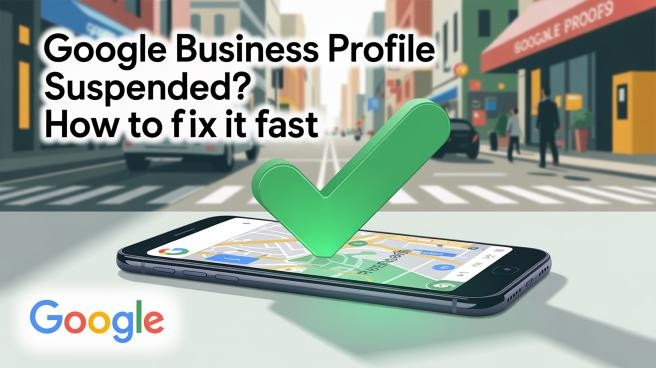
Google Business Profile Suspended? How to Fix It Fast

How to Recover a Disabled Facebook Account?

What to Do If Your Facebook Account Is Hacked and Your Email Is Changed

LinkedIn Shadow Ban: How to Avoid and Fix it

How to Recover a Hacked WordPress Website

How to start an IT company in Dubai

Best Ethical Hacking Companies in Dubai

Webflow vs WordPress Which is Better for Website Design?

20 Tips for Effective LinkedIn Marketing in Dubai

Top 10 Software Development Companies in Dubai


What is the Software Development required for Creating Payment Gateways?

How to create a proper content distribution strategy

How can Brand agencies bring success to B2B Business in the UAE?

Maximize Sales with e-commerce Advertising Strategies

Schema Markup for SEO: Boost Your SERP Visibility with Structured Data

FIVE STRATEGIES TO INCREASE YOUR BRAND LOYALTY

What are the Branding Strategies for a Small Business in the UAE?

How can digital marketing be useful for small businesses?

What are the Things to Consider for Hiring Creative Agencies?

What are the different ways to protect the website from unethical hacking?

What are the mistakes to avoid while customizing a WordPress website?

Why is Website Maintenance important for your Business?

Trends of Future Creative Agencies in UAE

How can AI transform digital marketing in the UAE?



How can a powerful Landing Page Design lead to higher conversion?

Checklist to build a winning e-commerce website


WHAT ARE THE SUCCESSFUL ELEMENTS REQUIRED FOR BRANDING A WEBSITE IN UAE?

What are the best web designing tools that can renovate your site?

What are the web designing strategies that can improve the SEO ranking?

How social media impacts the promotion of the business in the Future?

What is the SEO checklist involved in content writing?

Top Ten Mobile App Development Companies in UAE

How do we choose the best brand name for the business in UAE?

What are the top e-commerce Software Solutions required for the IT industry?

Why is user experience crucial in website development?

How to Choose the Right Ecommerce Platform for Your Business

How to Optimize Your LinkedIn Profile for Maximum Exposure?

How Can Branding Agencies in The UAE Promote Businesses?
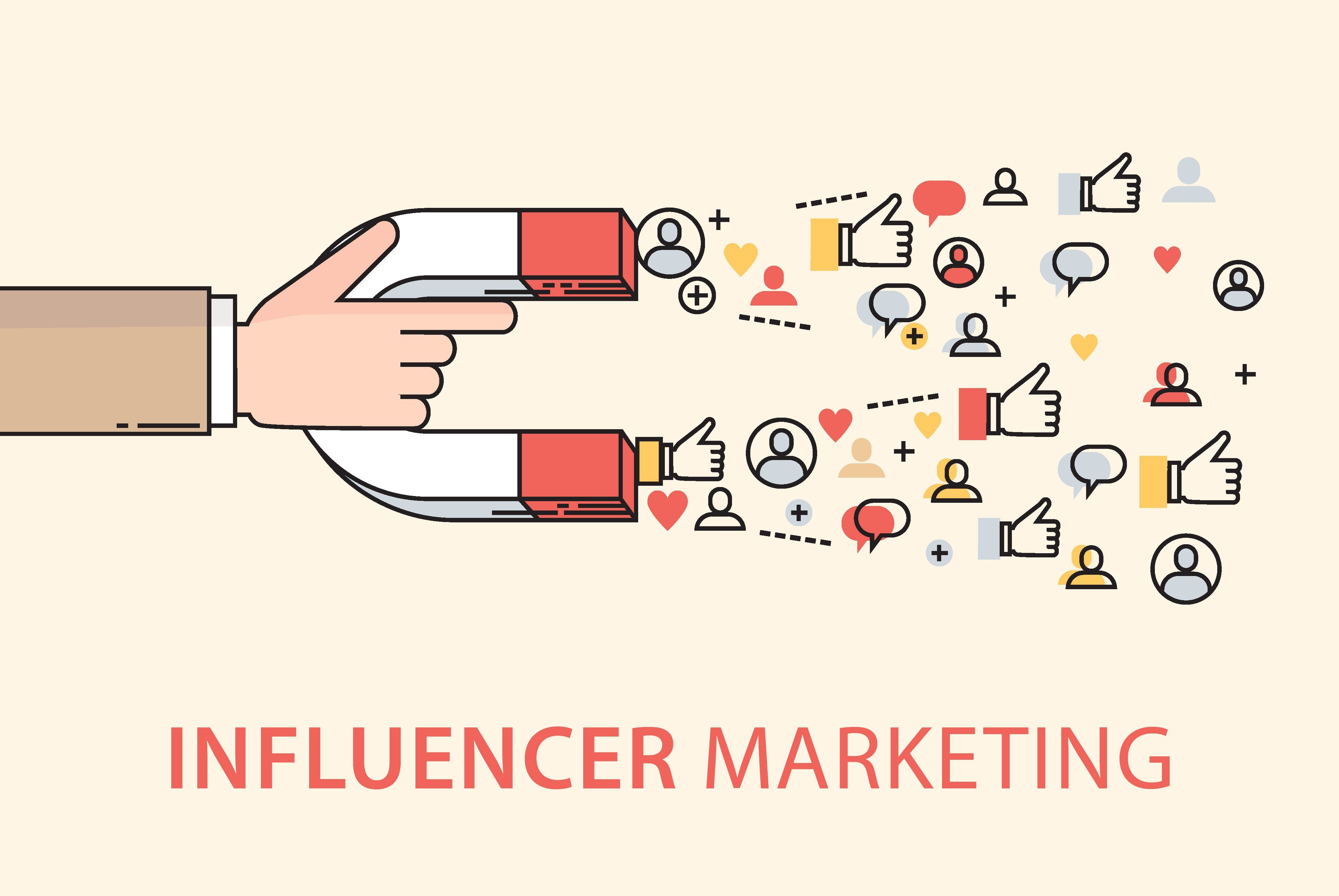

Top 10 SEO Agencies in Dubai

TOP TEN MARKETING CONSULTANTS IN DUBAI

The Top 10 Must Have WordPress Plugins for Your Website
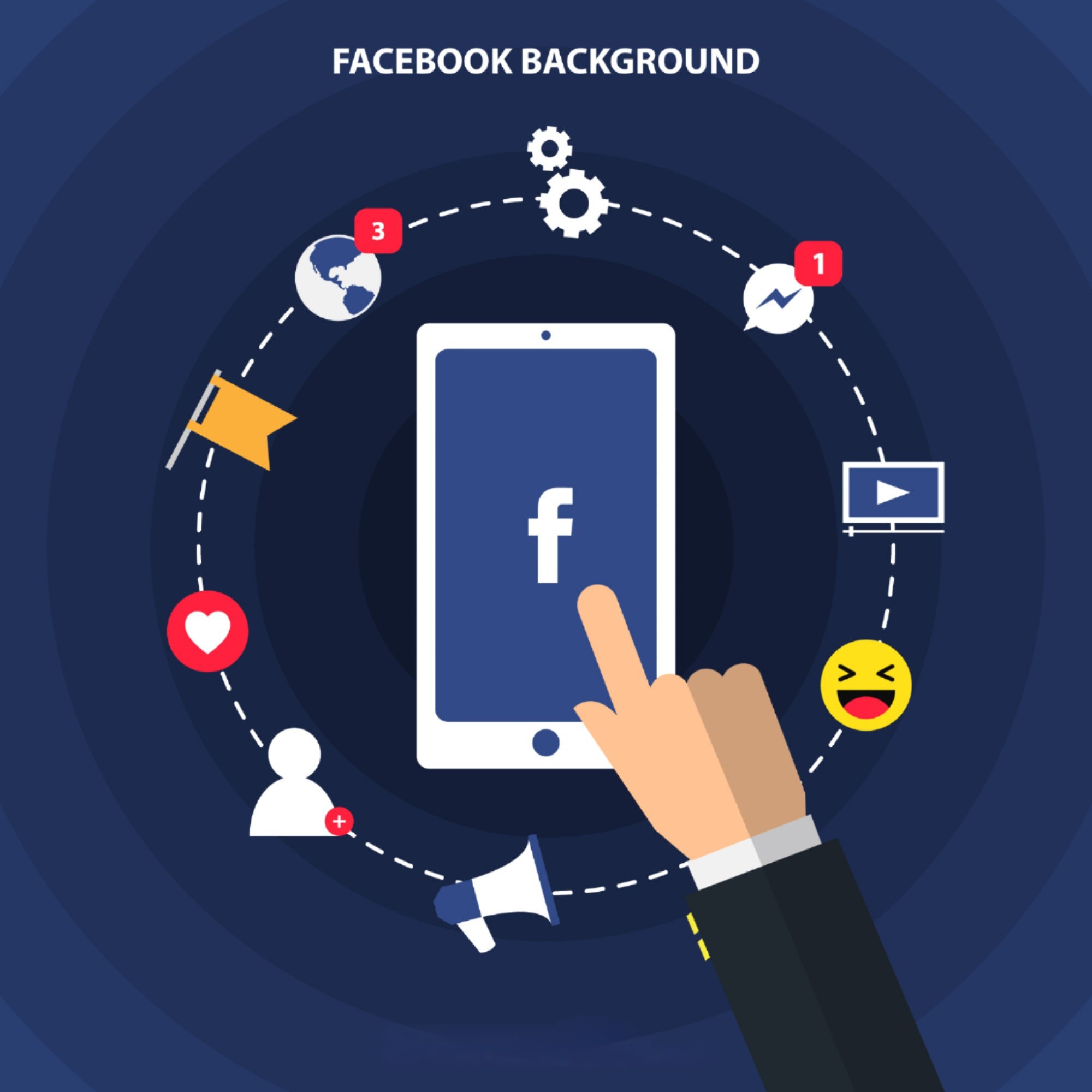
The Future of Facebook Marketing: Trends and Predictions

What are the successful CRM strategies?

Reasons why you should hire a professional branding agency

How Web Development Helps Your Business

How to Grow your digital agency in 2023?

Why Cyber Security is Important for Your Business

Key Factors for Choosing the Right System Integrators
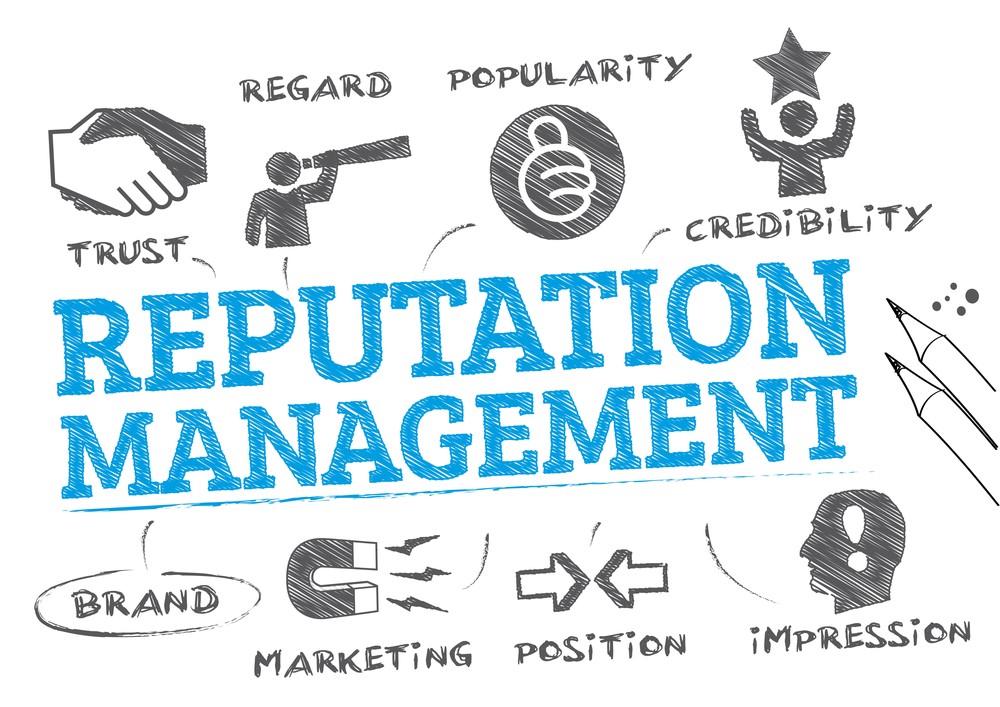
How to Choose the Right Reputation Management Company

How Ethical Hacking is Different from Normal Hacking?

Things to Consider While Choosing a Software Development Company

Top 7 Reasons to Hire a Content Marketing Agency in Dubai

10 Factors to Consider While Selecting Web Designing Companies in Dubai

Importance and Benefits of SEO for Your Business

TIPS FOR CHOOSING A SOFTWARE TESTING COMPANY

Questions You Should Ask Before Choosing A Social Media Agency In UAE
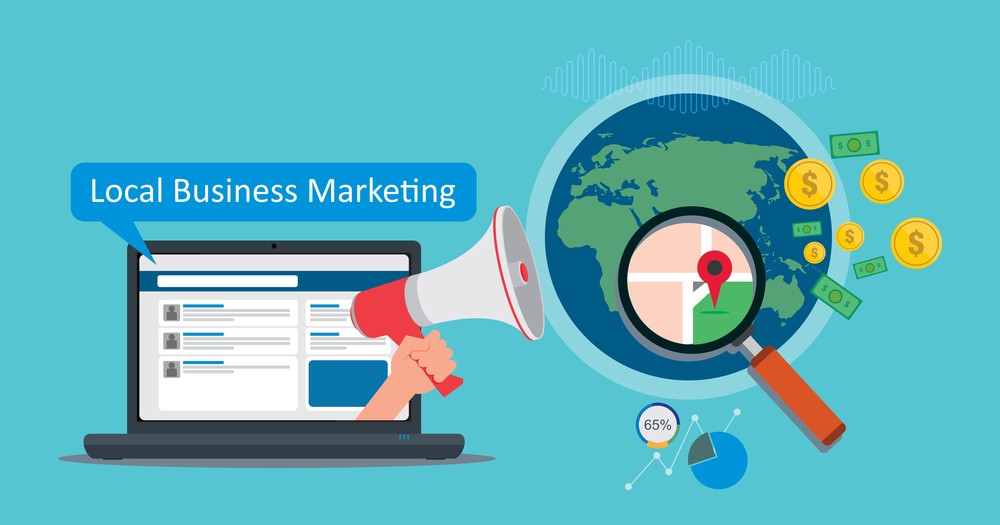
How to Market your Local Business in Dubai?

How to choose a good digital marketing agency for your business in Dubai

